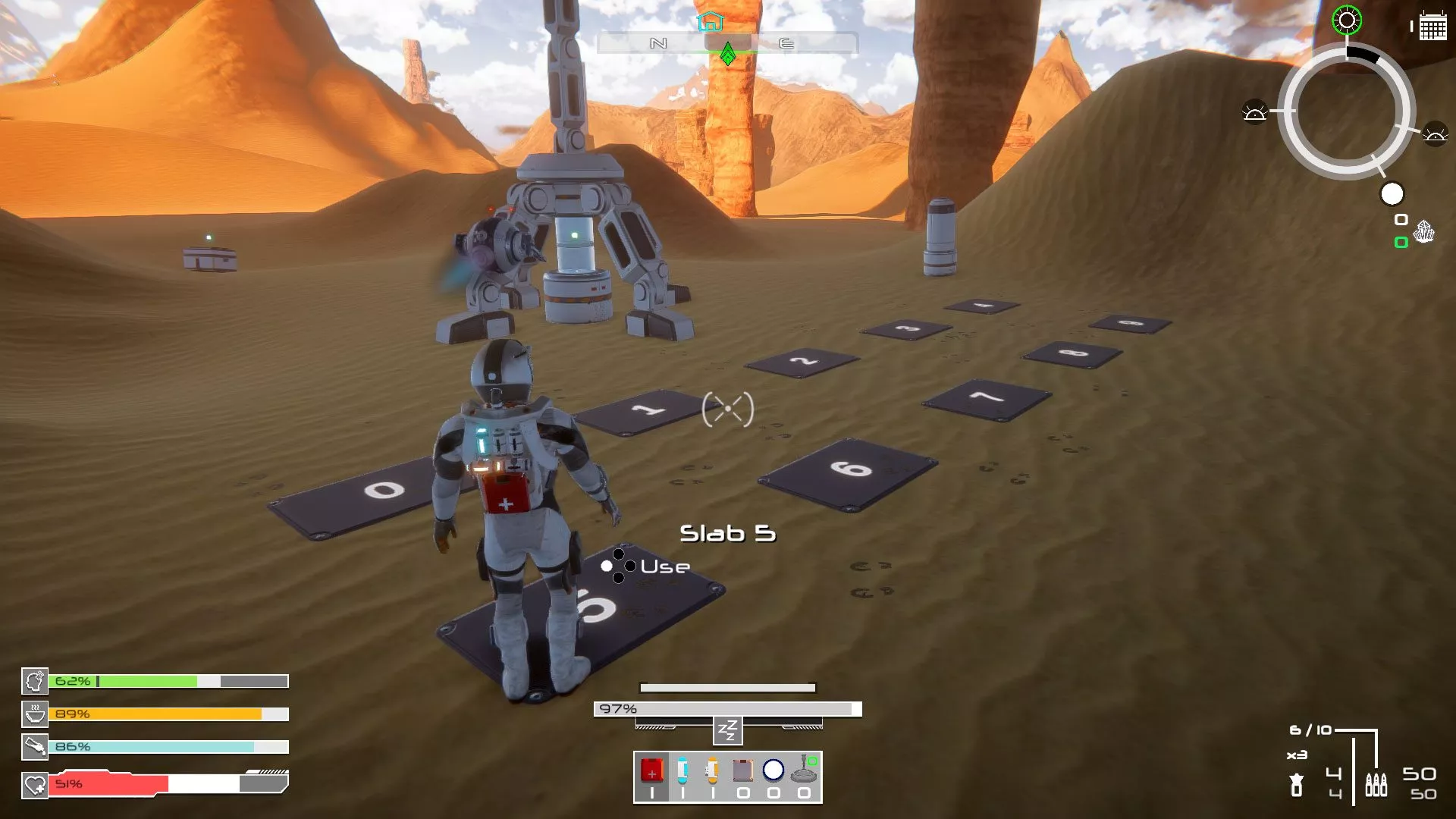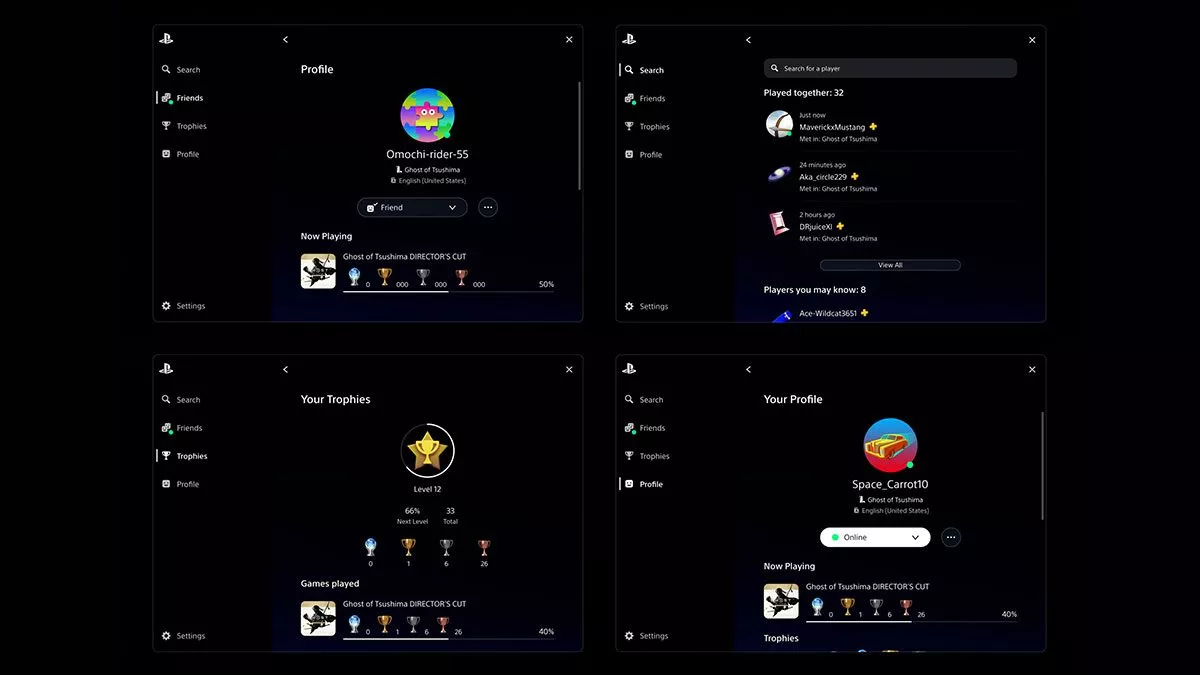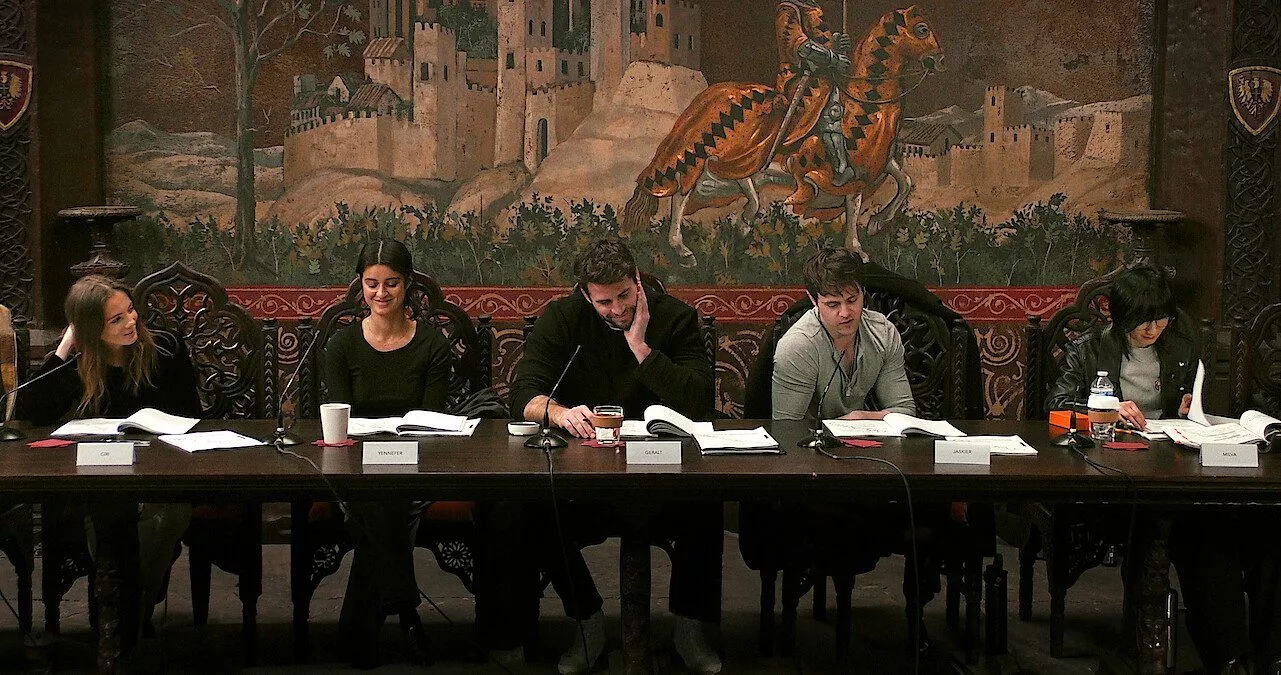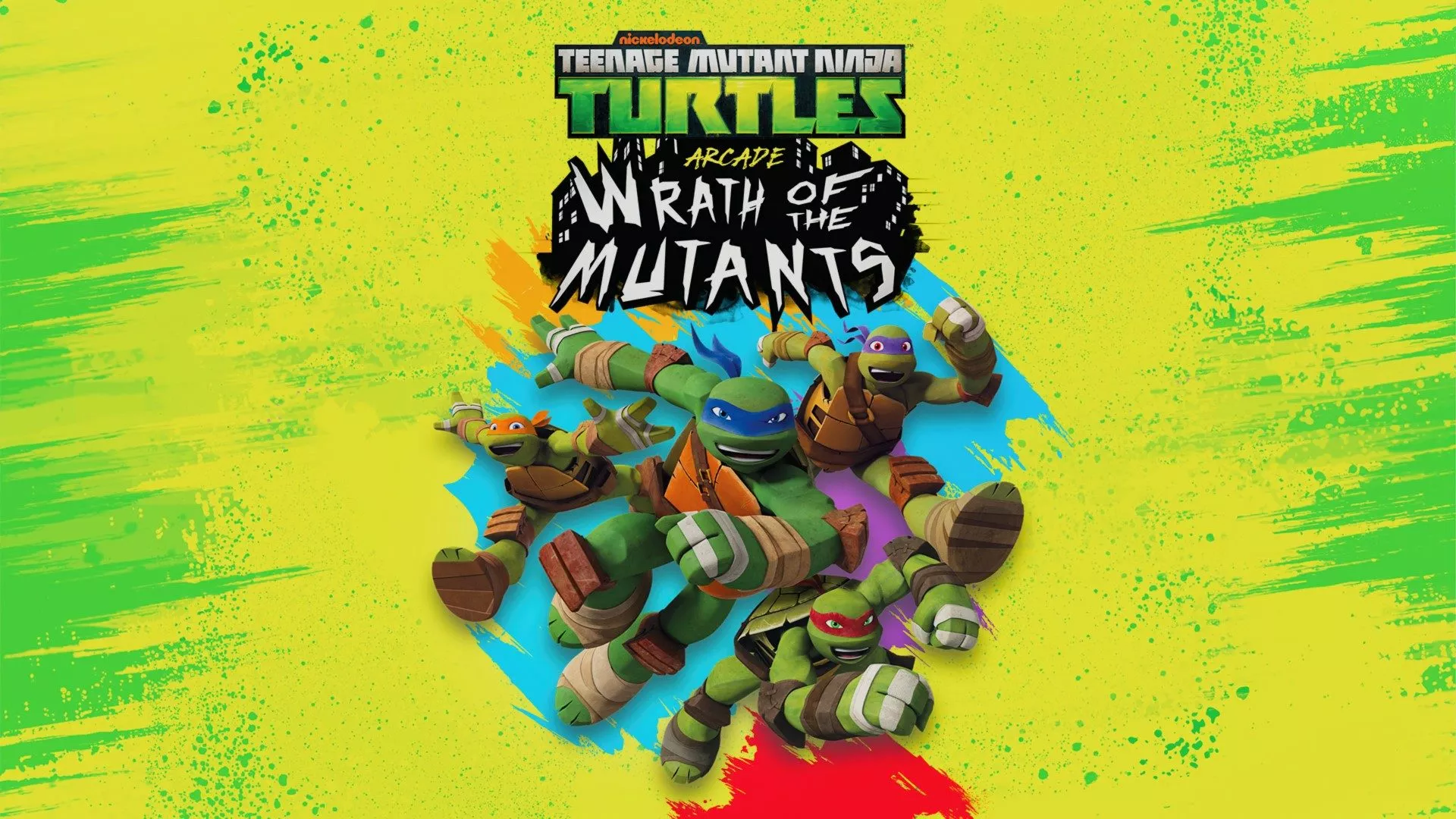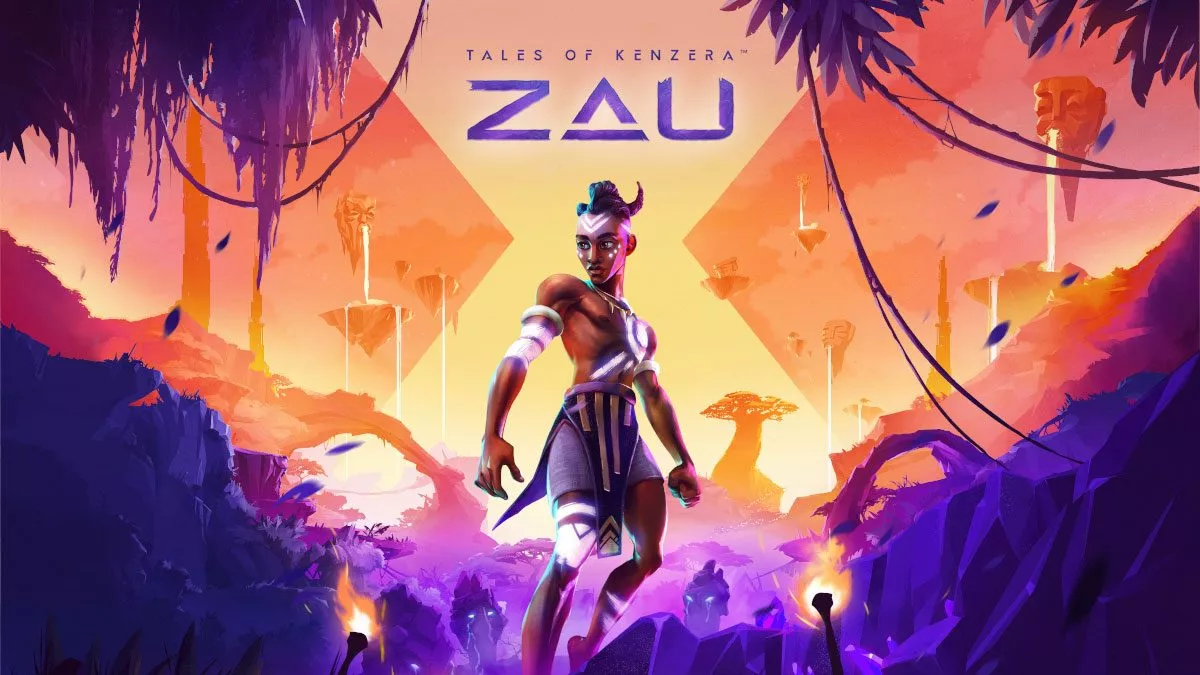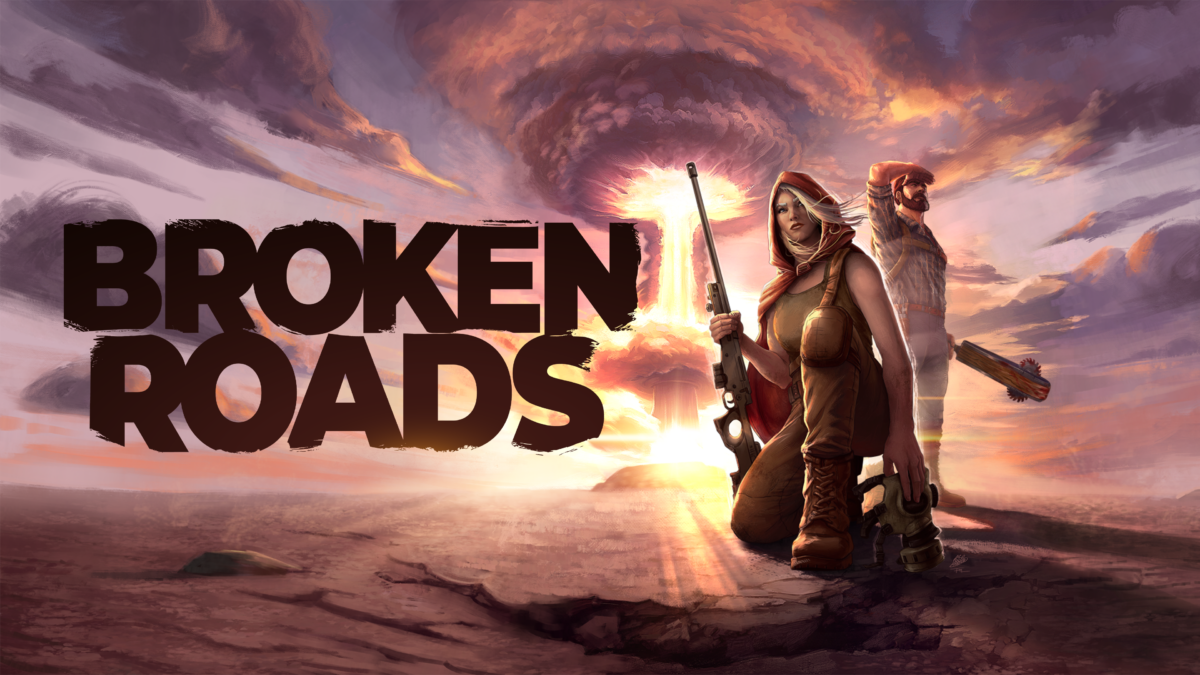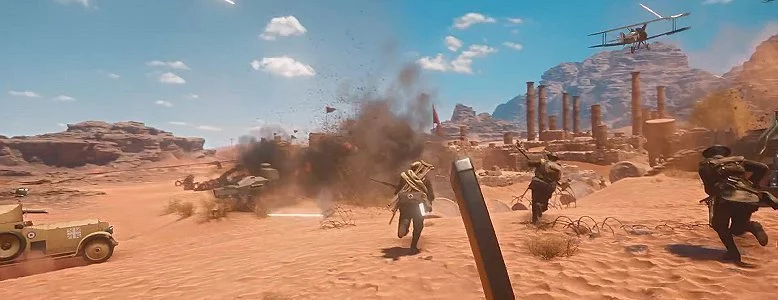You can’t accuse DICE’s Lars Gustavsson of lacking a sense of humour.
Speaking with Battlefield 1‘s Design Director at Gamescom this week in Cologne, Germany, we mentioned a word we were certain would be forbidden in EA’s Business Centre: “Levolution”.
First putting on a look of mock outrage, Gustavsson quickly waved a hand in dismissal and flashed a big grin.
“We’re going to print ‘Levolution’ in big golden letters and put it on a shelf in our office,” he said. “It’s the most depreciated word in the industry.”
Levolution was hyped in Battlefield 4 as a game-changer — satellites larger than a couple football fields could be detached from their moorings, causing massive destruction and altering lanes on a map. Whilst impressive, they were heavily scripted — if you saw a levolution occur on a map for the first time, you stopped to take note; the second time, not so much. Gustavsson agreed.
“With Frostbite [DICE’s game engine] and Bad Company 2 came destruction, and people really liked it,” he said. “We’ve kept on pushing; in Battlefield 4, levolution meant epic events with a lot of interactivity. In Battlefield: Hardline it was the same.”
Still, Gustavsson said it was time for a change.
“Now, we’re trying to step back and look at the feedback from the community. As such, we wanted to double-down; this was the war where pristine parts of the world were turned into scarred battlefields due to enormous artillery barrages,” he said. “We wanted to go all in on general destruction.”
To do that, DICE dropped scripted events for dynamic systems.
“We’re trying to find the balance before and after [when it comes to environmental destruction], to maintain cover and good gameplay,” Gustavsson said. “And also for more readable destruction; previously, you shot a building and it fell down always in the same way, and now you can shoot it at the side and the roof will crumble down. We want more use of terrain destruction to be valid cover, as you have craters to pass over open fields.”
Playing on the Sinai Desert map at Gamescom, that statement couldn’t have been more accurate. Playing as a soldier meant you needed to find ways to traverse through an open, sand-riddled battlefield without being picked off from a sniper miles away. Or worse, a hulking armoured train with more firepower than you could shake a stick at.
“Behemoths are meant to be game-changers when one team is falling behind,” Gustavsson said of the death vehicle. “It has enormous weaponry; you need a big team to take one down. If you manage that, it should go out with a big bang.”
This is where Battlefield 1‘s dynamic nature comes into play.
“Those bangs aren’t scripted by us; they’re orchestrated by the players,” he asserted. “They’re entirely player driven.”
That change leads Gustavsson to believe that players will keep coming back for more.
“We want epic events – rather than a skyscraper simply falling, we want that controlled by the players. In a year from now, we want that skyscraper to fall in a way you haven’t seen before so you can have a good laugh. We want it to be dynamic. We want to create real Battlefield moments.”
That said, Battlefield 1‘s dynamic weather systems could almost be billed as levolution 2.0.
“On top of this, we added dynamic weather,” Gustavsson explained. “Players were so impressed with Paracel Storm in Battlefield 4; we saw that people really liked when the storm kicked in and changed that whole experience.”
Battlefield 1 takes that notion and amps it up.
“We have random weather now – even we don’t know when it’s going to kick in,” Gustavsson explained. “In Sinai Desert, you can be flying on a beautiful day and then suddenly see a sandstorm up in the distance. You’re going to have to change how you play – or at least be a very excellent pilot,” he finished, laughing.
We’ll have more from Battlefield 1 in the coming days.
This article may contain affiliate links, meaning we could earn a small commission if you click-through and make a purchase. Stevivor is an independent outlet and our journalism is in no way influenced by any advertiser or commercial initiative.


